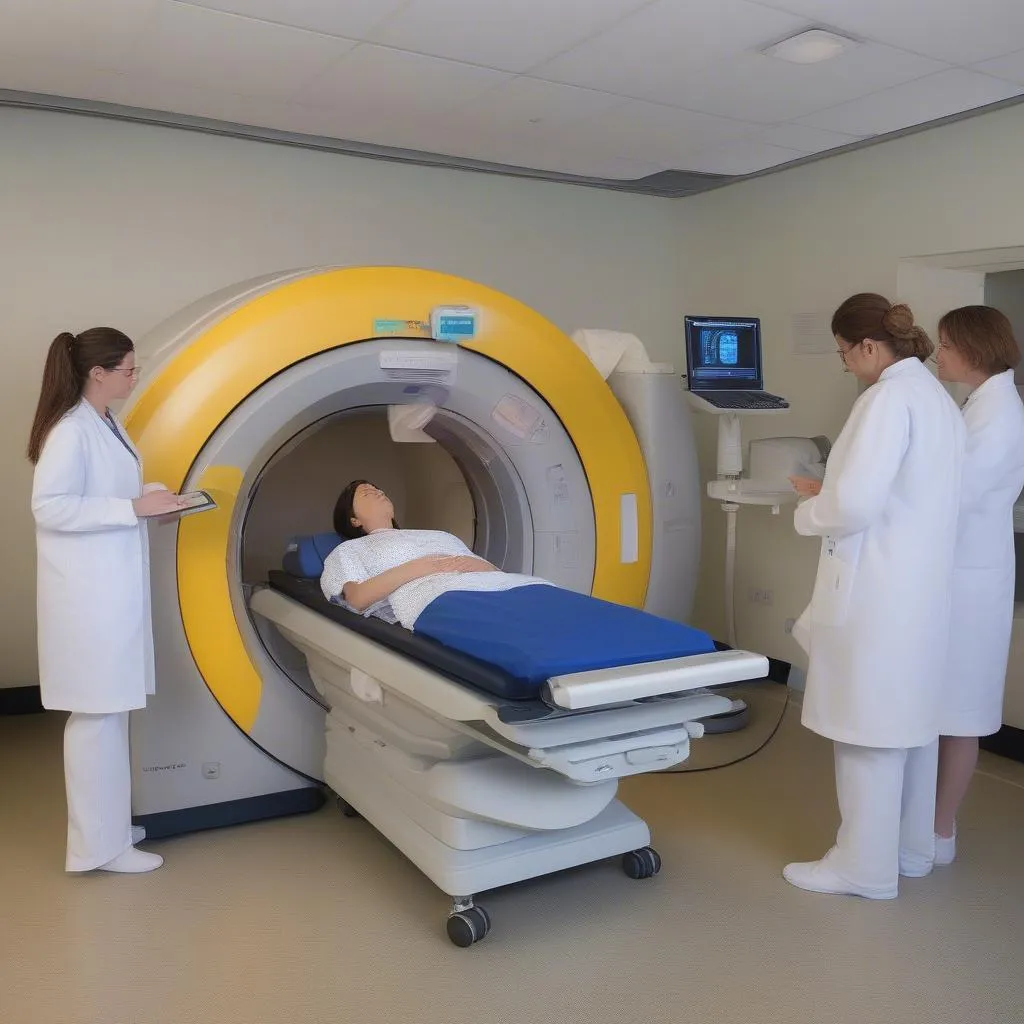Have you ever wondered how long it takes to get a PET scan? You’re not alone! Many people are curious about this diagnostic imaging technique and its time commitment. Let’s dive into the details and explore the factors that influence the duration of a PET scan.
Understanding PET Scans: A Deeper Look
A PET scan, or Positron Emission Tomography scan, is a medical imaging technique that uses a radioactive tracer to create detailed images of organs and tissues. It’s primarily used to detect cancer, evaluate the spread of cancer, and monitor the effectiveness of cancer treatments.
The Importance of PET Scans: A Diagnostic Tool
PET scans are an essential tool for healthcare professionals, offering valuable insights into the functioning of various organs and tissues. They are particularly helpful in diagnosing and managing cancer due to their ability to detect metabolic changes that indicate the presence of cancerous cells.
How Long Does It Take to Get a PET Scan?
The total time involved in getting a PET scan can vary depending on several factors. Let’s break down the steps involved and the time associated with each.
1. Pre-Scan Preparation: Getting Ready
Before the actual scan, you’ll likely need to undergo a period of preparation, which can include:
-
Fasting: You may be required to fast for a certain amount of time before the scan, typically for several hours. This allows for clearer images and helps the tracer concentrate in the target organs.
-
Injection of the Tracer: The radioactive tracer, usually injected intravenously, is a crucial part of the PET scan. It’s important to allow enough time for the tracer to distribute throughout your body, which can take about an hour.
2. The Scan Itself: Capturing Images
Once the tracer has been injected and distributed, you’ll be positioned on a scanning table for the PET scan. The process itself is usually painless and can take anywhere from 30 to 60 minutes.
3. Post-Scan Recovery: A Quick Visit
After the scan, you’ll be able to return to your normal routine. There are no specific recovery instructions, and you can typically resume your daily activities immediately.
Factors Affecting the Time Involved: Understanding the Variables
While the duration of a PET scan is usually quite short, a few factors can affect the total time you spend at the imaging center. These include:
1. Complexity of the Scan: Targeting Specific Areas
The complexity of the scan, such as the size and location of the area being examined, can impact the time required. For instance, a PET scan of the whole body will take longer than a scan focusing on a specific organ, such as the lungs or brain.
2. Facility and Scheduling: Availability and Efficiency
The efficiency of the imaging facility and their scheduling can also influence the waiting time before your scan. Some centers may have shorter waiting times than others, depending on their workflow and patient volume.
3. Individual Needs: Special Preparations or Procedures
Your individual needs may require additional preparation or procedures before or after the scan. For example, if you have specific allergies or require additional medications, the process may take longer.
FAQs: Addressing Common Concerns
How long does a PET scan take from start to finish?
The total time from arrival at the facility to departure can vary significantly depending on the factors mentioned above. However, you can expect to spend a few hours at the imaging center for a complete PET scan experience.
Is a PET scan painful?
The scan itself is painless. You may feel a slight pinch from the injection of the tracer, but the overall process is comfortable.
What should I expect after a PET scan?
You can typically resume your normal routine after a PET scan. There are no special instructions or restrictions. However, if you experience any unusual symptoms, it’s best to consult your doctor.
Resources and Additional Information: Exploring Further
For more in-depth information about PET scans, you can consult with your doctor or visit reliable medical websites such as:
-
The National Cancer Institute: This website provides comprehensive information about cancer and cancer treatments, including PET scans.
-
The American Cancer Society: This website offers information about cancer prevention, diagnosis, and treatment, including PET scans and their use in cancer management.
Contact Diag XCar: Your Partner in Automotive Diagnostics
For expert guidance on automotive diagnostics and specialized tools, contact Diag XCar at +84767531508. Our team of professionals is available 24/7 to answer your questions and provide comprehensive support.
Conclusion: Understanding the Time Commitment
PET scans are an essential tool for diagnosing and managing a range of medical conditions. While the scan itself is typically quick, the total time involved can vary based on several factors. By understanding the process and the potential variations, you can prepare for your PET scan and ensure a smooth experience. If you have any further questions or concerns, don’t hesitate to reach out to your doctor or a trusted medical professional.



